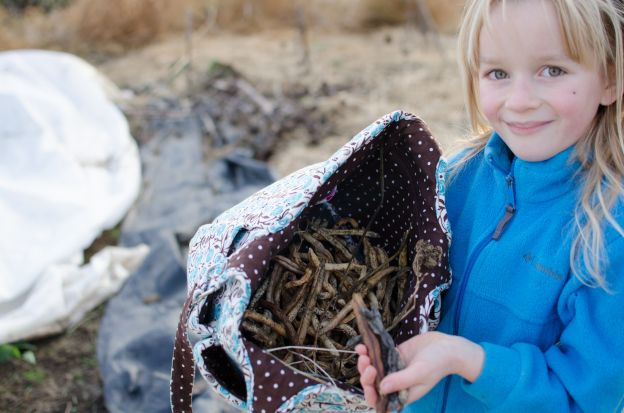If you’re an avid homesteader, you already know the value of a self-sustaining lifestyle. However, you may be one of thousands of families who just isn’t sure if you’re up to the task of in-sourcing your children’s education in addition to everything else you do in your homestead. Let me challenge you on that. If you’re already bold enough to get your food from your farm or garden and not the supermarket, you’re bold enough to educate your children. If you’re intelligent enough to learn the basics of permaculture or architecture and apply them to your property, you’re intelligent enough to follow and customize a curriculum. As a homesteader, you’re uniquely and exceptionally qualified to be self-reliant in your children’s education.
Maybe in your case, time is more the issue than confidence. After all, maintaining livestock, crops, and the home is a full-time job. But, if you have the desire to educate from home and on your terms, you are slave to nobody’s timeframe. You no longer have to arrange your life around a school’s breaks and vacations or the bus schedule. You have the liberty to fit school into your day where you wish and devote as much or as little time to it as needed. When you tailor your approach to your children’s education to that child’s needs, the job gets done more time-efficiently and you achieve the same academic goals without spending six or more hours a day at it.
Let’s not forget the ‘S-word’ that tops every would-be homeschooler’s list of concerns: socialization. Sure, your children will miss out on the type of socialization that a public school offers: being stuck in a room with 20+ other children of the same age. But is that really the best approach to guiding children in the areas of character development? As a homeschooler, you can get quite creative with social opportunities for your children without overloading your calendar. The main thing to remember is that children can socialize with any type of person, not just someone their age. Anecdotes and studies actually suggest that children become more well-rounded when they are immersed in a mixed population to learn from adults rather than mimicking their peers in a school setting. Cooperation and networking within your local community is key to a thriving homestead. Let your children in on this and let them explore local events, groups, and community resources to satiate the socialization need. And, of course, you’re always free to have your child invite a gaggle of friends over to run around the homestead and learn how it works!
When you adopt the homesteader lifestyle, you categorically become something of a misfit in contemporary society. Your values as a homesteader may be contradicted or ignored in a public education. You don’t need to shelter your children by any means. You just approach their education the same way you approach your homestead: do it yourself!
If you liked this, you might also enjoy…

